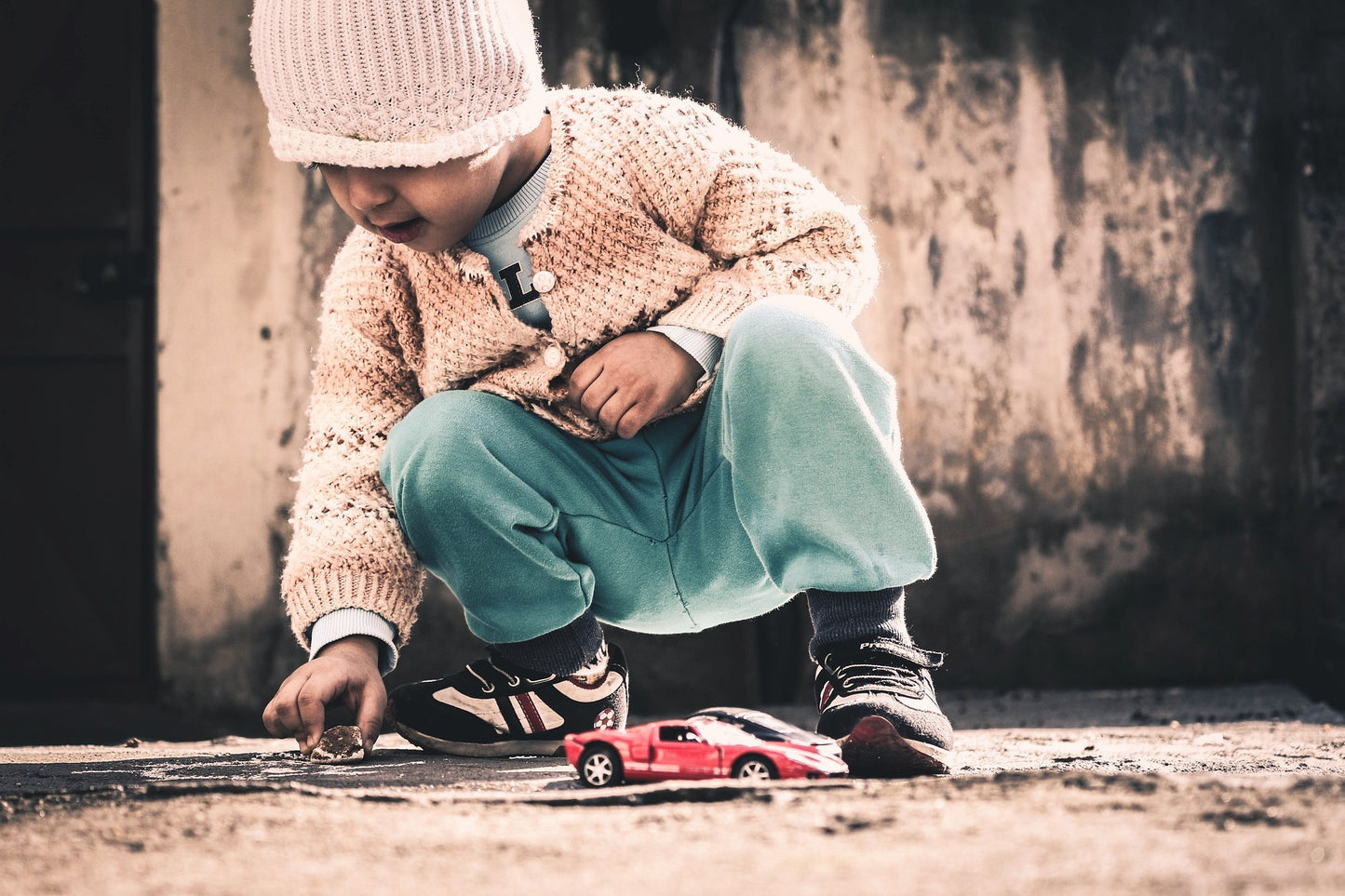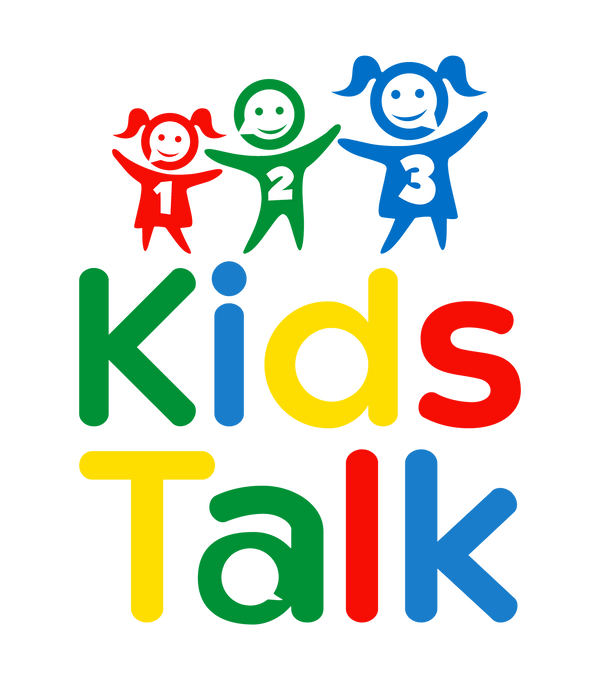123 Kids Talk
Prahran Playgroups, 18-24 months
Prahran Playgroups, 18-24 months
Couldn't load pickup availability
These playgroups are for parents, grandparents (or caregivers) and their toddlers age 18 to 24 months.
See and Do
Between 18 months and 24 months, your toddler's understanding and use of language will grow at a fast pace so this 10 week playgroup program is designed to support this rapid development and stimulate and boost your toddlers action words.
Mixing, stirring, pouring, washing, cleaning, cooking, hanging, rolling, making, wiping, peel, cut, chop, cook, shake, mix, eat, shopping, that, this, no, in, on, small/smaller, big/bigger, round, square, full, empty, wet, dry, rough, prickly, soft, hard
Plus:
- Names of familiar food items and utensils used for preparing a meal (pots, pans, bowl, oven, etc).
- Names of common items that can be sorted into groups such as food, clothing, toys, vehicles, people, animals and sorted by colour or shape.
- Names of some colours (red, blue, green, yellow).
- Names of the animals, sounds they make, inside/in, outside, behind, under, on/on top, (and other locations they are hiding)
RIME
Each week, we will work with you to apply the principles of RIME to your everyday interactions with your toddler. This will include engaging in playful activities, and engagement with carefully selected books and toys.
Group size: Maximum 10
Address: 22 Cecil Place, Prahran
Parking: 2 hour free parking in Cecil street
Siblings: Please reach out to us if you would like to bring your toddler and a sibling. We can accommodate a couple of extras in each session but we need to know in advance so we can plan.

General information about communication development at this stage:
Language
Between 18months and 2 years, your child’s understanding, and use of language will grow at a fast pace. Remember that the most powerful first words that children need to learn are those words that result in getting something they want (such as a food item, a toy or an activity) and words that allow them to reject or put a stop to something (‘no shoes’, ‘no bedtime’, etc).
Children also tend to learn new words that are associated with something that interests them. For example, if your child has a particular interest in cars then play different games with cars and introduce new words during the play (i.e. car over/under/on bridge, fast/slow car, quiet/noisy car, bumpy/smooth road, broken, fixed, turning, stop/go, mummy’s/daddy’s car, my/mine/your car, etc). .
Speech
Most words will still be simplified at this age. Many words will not be pronounced with all the correct sounds and your child will often leave the end sounds off, (e.g. will say “bu” for “bus”, “pai” for “plane”, “wor” for “walk”). You will still only understand about 50% of what your child says if you cannot work out the context.
Target Sounds: “m”, “p”, “b”, “t”, “d”, “n”, “w” (easiest for your child to say sounds that are formed at the front of the mouth with the lips and tongue because they can hear and see these when you say them!),
Social communication
Don’t forget to praise all attempts at communication, including gestures, noises, facial expressions and any other ways your child tries to communicate with you. Your child is taking turns in ‘conversations’, showing interest in children playing and might copy what they do (but will not play with them).
Your child engages in simple pretend play using real and replica objects eg. pretends to talk on the phone, pretends to drink from a cup.Pretend play helps children learn how to interact with others and with the things around them, usually practising the routines and behaviours they see adults engage in.


